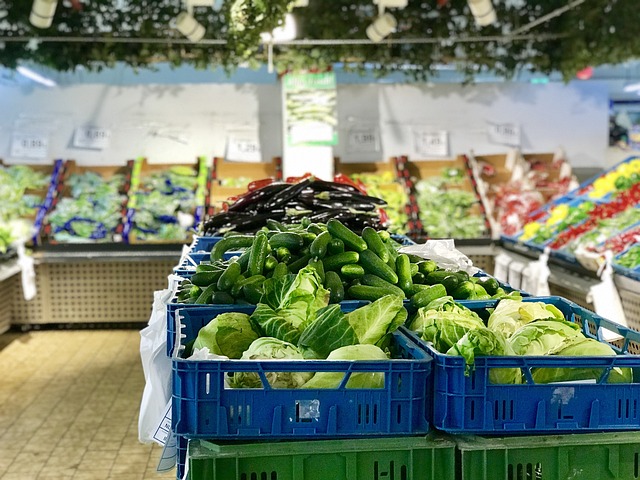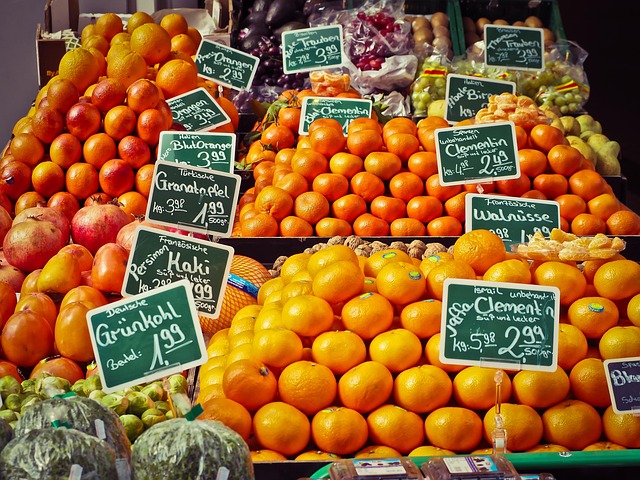Organic recycling, focusing on food scraps, garden waste, and paper products, is an essential practice for eco-friendly homes. By reducing landfill waste and creating nutrient-rich soil through composting or anaerobic digestion, homeowners can significantly minimize their environmental impact. Simple daily changes, like separating organic materials from general trash, combined with community services like Yard Waste Removal and Recycling programs, make composting convenient. Tailored recycling programs further enhance sustainability. Adopting these practices not only benefits gardens but also reduces greenhouse gas emissions and the need for synthetic fertilizers, making sustainable yard care accessible and effective.
“Welcome to an eco-conscious journey towards sustainable living! In today’s world, organic recycling is not just a choice but a vital step toward creating a greener home. This comprehensive guide delves into the fundamentals of organic recycling, specifically tailored for eco-friendly homes. We explore effective yard waste removal strategies, offering practical tips for a more sustainable lifestyle. Furthermore, discover the myriad benefits and best practices to seamlessly integrate organic recycling into your daily routine.”
- Understanding Organic Recycling: The Basics for Eco-Friendly Homes
- Yard Waste Removal: Effective Strategies for Sustainable Living
- Benefits and Best Practices for Integrating Organic Recycling into Your Home
Understanding Organic Recycling: The Basics for Eco-Friendly Homes

Organic recycling is a fundamental practice for eco-friendly homes, focusing on transforming waste into valuable resources that can enrich your home’s environment. It involves the breakdown of organic materials like food scraps, garden waste, and paper products through natural processes such as composting or anaerobic digestion. This method not only reduces the amount of waste sent to landfills but also creates nutrient-rich soil amendments for gardening and landscaping.
For eco-conscious homeowners, implementing organic recycling practices can start with simple changes in daily routines. Collecting and separating organic materials from general trash is a significant first step. Many communities offer yard waste removal and recycling services that make this process convenient. From there, these organic materials can either be composted on-site or contributed to community composting programs, ensuring they decompose naturally and safely, ultimately contributing to a healthier ecosystem.
Yard Waste Removal: Effective Strategies for Sustainable Living

Many eco-conscious homeowners are looking for sustainable solutions to manage their yard waste, and organic recycling is at the forefront of this movement. Yard Waste Removal doesn’t have to be a daunting task; with strategic approaches, it can become an integral part of your eco-friendly lifestyle. One effective strategy involves composting, which transforms organic materials like food scraps and yard trimmings into nutrient-rich soil amendments. This not only reduces the volume of waste sent to landfills but also provides homeowners with a valuable resource for their gardens.
Additionally, implementing a recycling program tailored to yard waste can further minimize environmental impact. This includes proper sorting of materials such as leaves, grass clippings, and twigs, ensuring they are prepared for composting or other recycling methods. Many communities offer dedicated collections for these materials, making it easier than ever to adopt sustainable practices in your home’s outdoor spaces.
Benefits and Best Practices for Integrating Organic Recycling into Your Home

Integrating organic recycling into your home offers numerous environmental benefits, reducing waste sent to landfills and lowering greenhouse gas emissions. By composting food scraps and yard waste removal through recycling, you contribute to a more sustainable lifestyle. This process creates nutrient-rich soil amendments that enhance garden health, reduce the need for synthetic fertilizers, and promote a robust local ecosystem.
Best practices include sourcing suitable containers for collection, maintaining proper moisture levels, and regularly turning the compost pile. Separate organic materials from other recyclables to ensure efficiency. Involving all household members in this process fosters eco-conscious habits. Additionally, exploring local yard waste removal programs or setting up your own composting system can further streamline the practice, making it a convenient and effective way to contribute to an eco-friendly home.
By implementing organic recycling practices, especially through efficient yard waste removal, eco-friendly homes can significantly reduce their environmental footprint. The benefits are clear: less landfill waste, decreased greenhouse gas emissions, and a healthier ecosystem. Integrating these best practices into daily routines not only contributes to a more sustainable future but also fosters a deeper connection with nature. Embracing organic recycling is a powerful step towards creating a greener and more resilient home environment.
